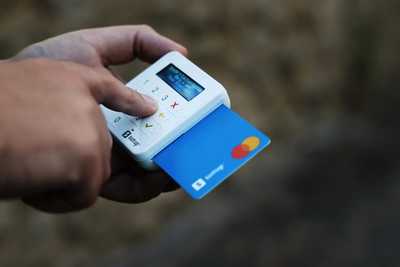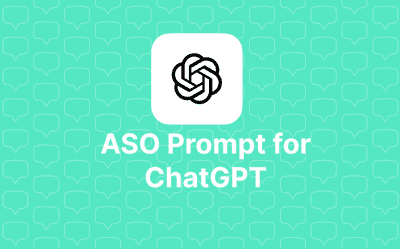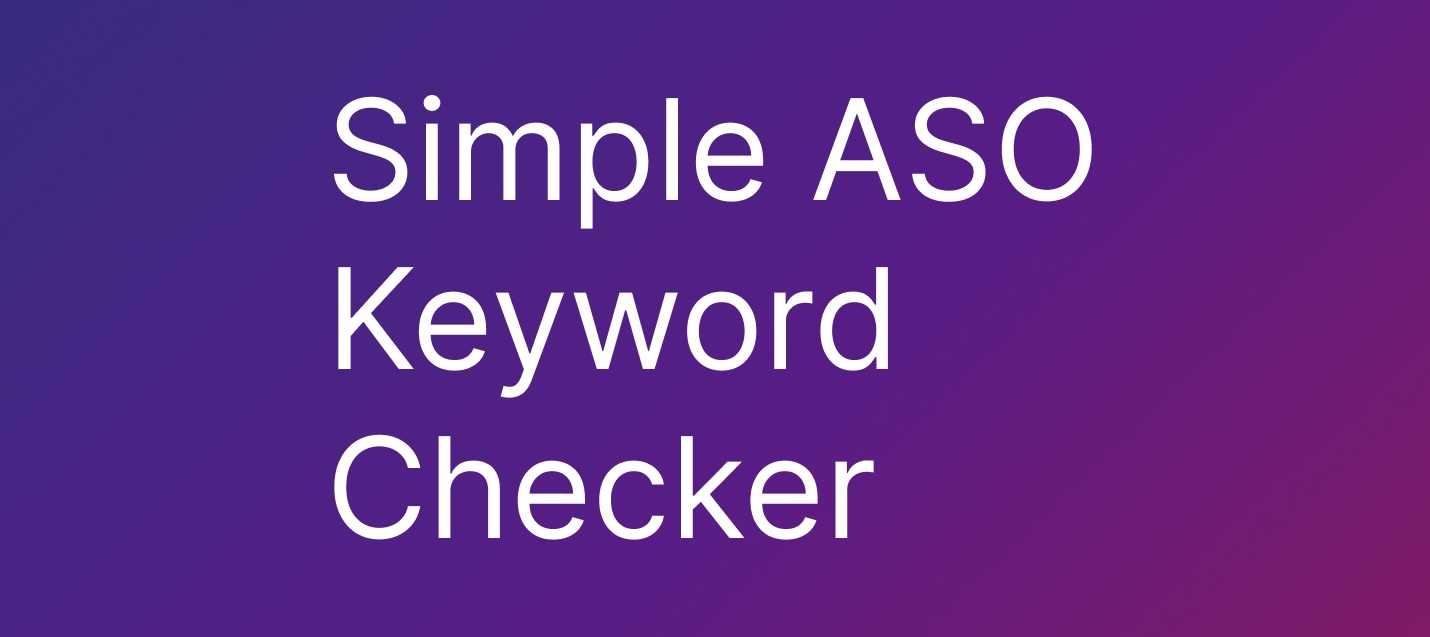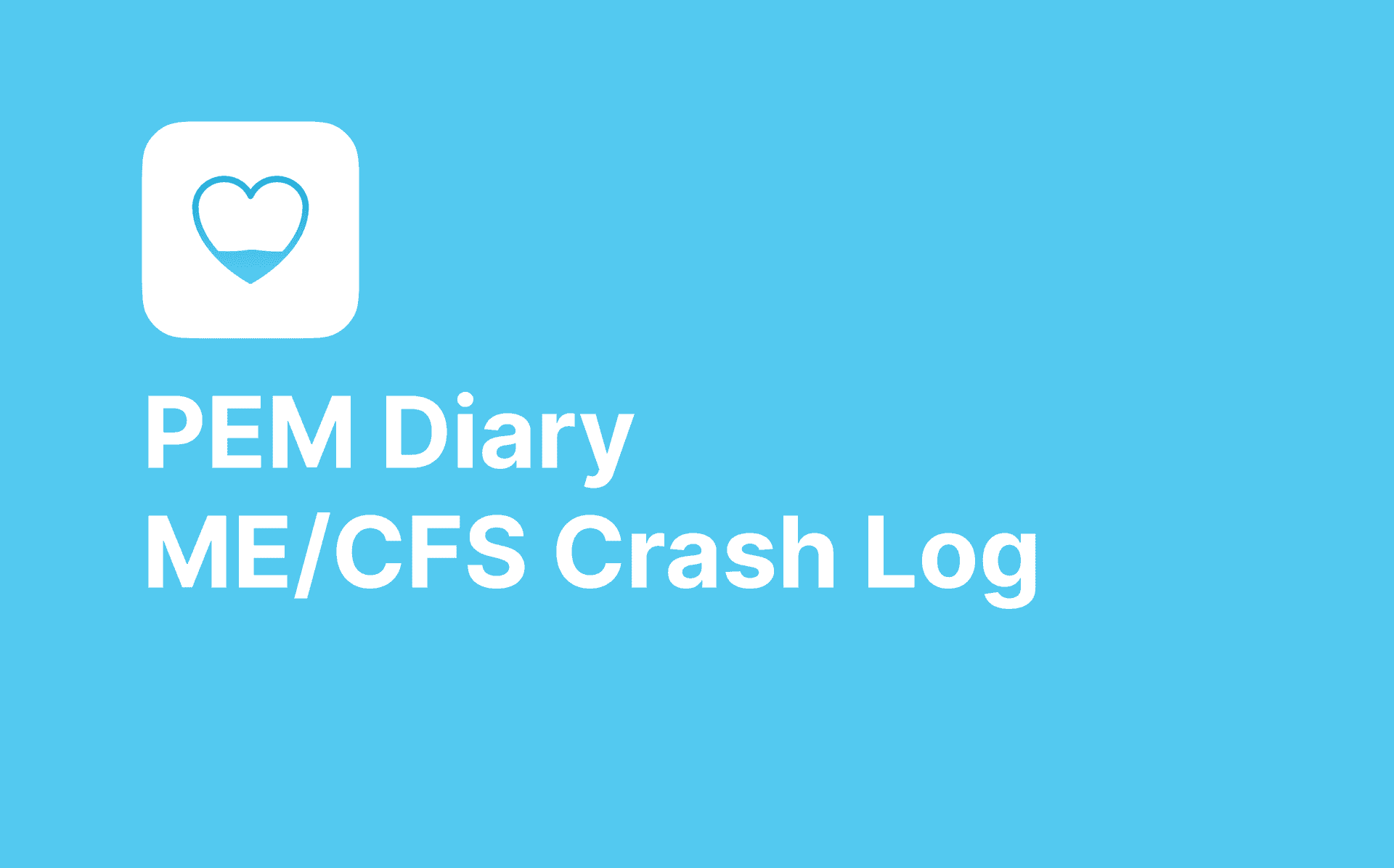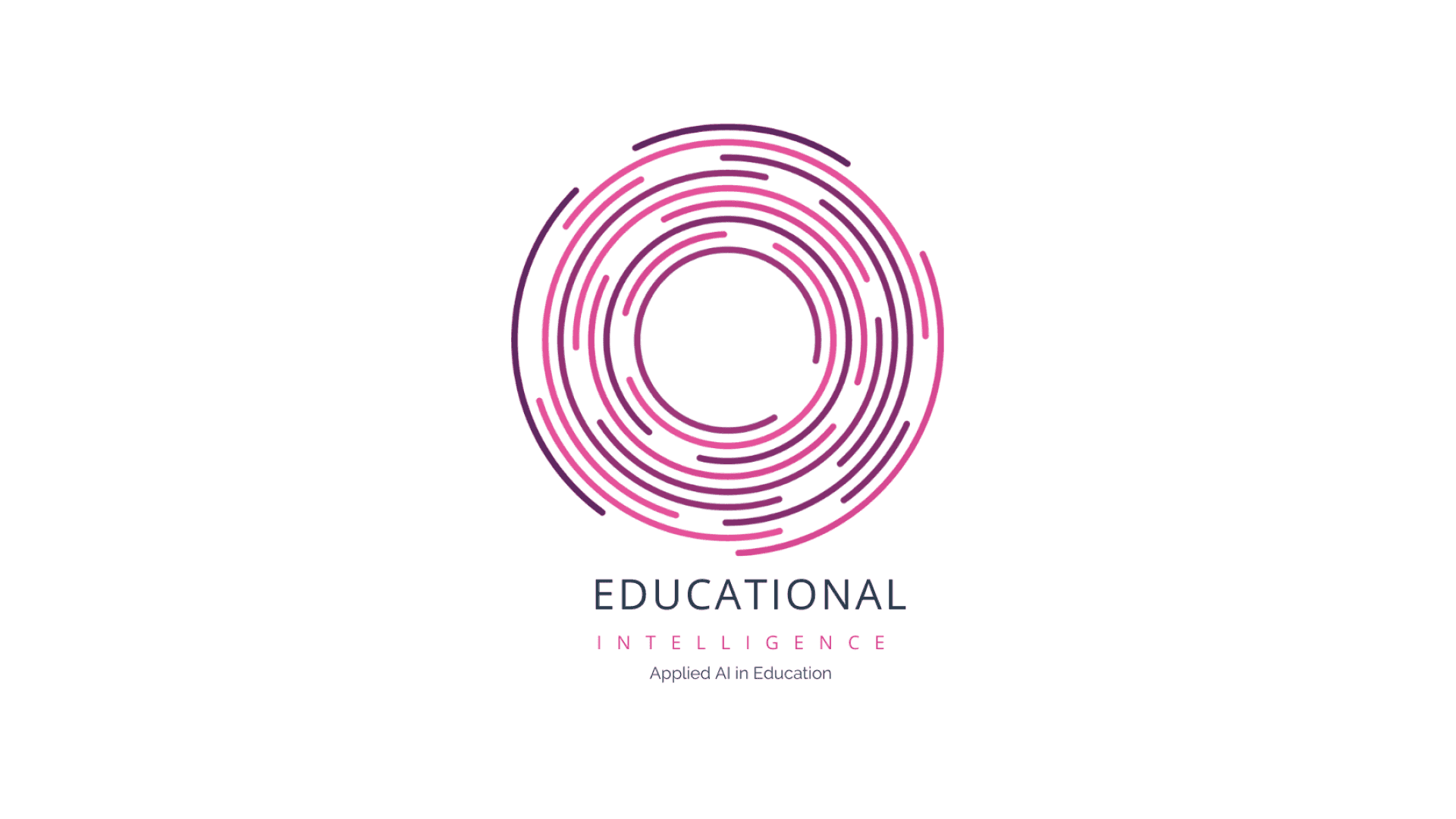So, you've got a brilliant app idea that keeps you awake at night? You're convinced it could change the world (or at least make a small dent in it)? This can become a viable business and change your life? But how do you actually turn that lightbulb moment into something real and tangible that people can download from the App Store?
The leap from a simple idea to a reality might seem huge and unattainable. Throw in advice and opinion from all angles and it really is a tough path to furrow. At Add Jam we have 10+ years of taking concepts from a simple idea for an app and developing that through to a reality on the stores. There's more than one way to skin a cat but after recently sharing our thoughts on how much it costs to make a mobile app in 2025 we figured following up with some practical advice on how non technical founders can drag that idea out your head into reality would be useful.
Forget 'Stealth Mode' - get talking to anyone that'll listen
One of the biggest myths in the startup world is that you need to guard your idea like the crown jewels. The reality is far removed - Ideas are cheap; execution is everything.
Secrecy can kill your startup before it begins
Let's be honest: not every app idea is going to be the next Facebook, and not everyone you speak to is plotting to be the next Winklevoss twins. The odds that someone will:
- A Hear your idea
- B Think it's brilliant
- C Have the skills, resources, and motivation to execute it
- D Actually follow through
...are vanishingly small.
What's far more likely is that by keeping your idea secret, you'll miss out on valuable feedback, connections, opportunities and maybe even your first customers. In reality staying in 'steath mode' you will more than likely spin your wheels and never progress past this stage.
The power of conversation
Start by sharing your idea with friends, family, and trusted contacts. But don't stop there—seek out people who might actually use your app. If you're building a fitness app, talk to personal trainers and gym-goers. Creating a tool for restaurants? Chat with chefs and restaurant managers. Get to know your customer base, understand their pain points, get familiar with their vocabulary and perhaps most importantly get to know their buying process.
For every 'stolen' startup idea I'm sure there will be thousands of stories of people growing their business through conversation but these stories don't make great screenplays.
What to ask and listen For
When discussing your idea, focus on getting genuinely useful feedback. Some key questions to consider:
- Does my concept solve the problem for you?
- Would you use this? Why or why not?
- How much would you pay for it? And how would you like to pay for it - cash, on invoice, subscription?
- What features would you expect?
Listen more than you talk. If people start suggesting features or asking when they can get access, you're onto something. If they seem confused or uninterested, that's valuable feedback too.
Try to visualise your idea
Contrary to popular belief, the next step isn't raising investment. It's making your idea tangible through wireframes or mockups. This might seem a scary prospect but anyone can wireframe a mobile app - even my three year old daughter sat down and used pen and paper to design her app idea as a fun exercise one rainy afternoon.
Wireframing is for everyone
You don't need to be a design genius with expensive design software to create basic wireframes. In fact you can do it with a pen and paper. I guarantee there are options for every skill level:
- Beginner: Pen and paper. Yes, really! Sketch out your app screens on paper. If you can draw rectangles and squares you can use pen and paper to get your idea down. Take photos of these sketches to share digitally. Most of our projects are started with a pen.
- Intermediate: Tools like Canva, PowerPoint, or Google Slides. These familiar (and affordable) tools can create surprisingly effective mockups with the added bonus they're built with collaboration in mind so you can get advice, feedback and suggestions. Sound ridiculous? Apple have shown at their World Wide Developer Conference how they use the Keynote app for interface design.
- Advanced: Professional design tools like Figma, Sketch, or Adobe XD. These offer more functionality but have steeper learning curves. You don't have to go this far but these tools while having a learning curve are quite approachable and in the case of Figma is free for a starter plan.
What to include in app wireframes
Focus on the user journey rather than pretty visuals:
- What screens will users see?
- How do they navigate between screens?
- What actions can they take?
- What information needs to be displayed?
Remember, at this stage, you're creating a blueprint, not the finished product. Clarity is more important than beauty.
Once you have basic wireframes, share them with potential users. Ask them to "talk through" how they would use the app based on your mockups. This often reveals assumptions you've made that might not match how real users think.
Pro Tip don't reinvent the wheel. grab your phone, find apps you like or dislike, use these as the basis for your navigation or feature set. Consider how these apps onboard you, activate you as a paying customer and keep you coming back for more.
Starting the app development process
Now comes the big question: how do you actually build this thing?
Option 1: Find a Technical Co-founder
If you're not technical yourself, partnering with someone who is can be ideal. A technical co-founder brings skills, shares the risk, and often reduces the initial cash needed.
Where to find them:
- Startup networking events (like the local meetups for founders in Scotland we posted about the other week)
- Technical meetups and hackathons
- University or College computer science departments
- LinkedIn, HackerNews, IndieHackers and other professional networks
Remember that good technical talent is in high demand. Be prepared to sell your vision and demonstrate your commitment.
Option 2: Build a tech team
Have some capital to invest? Building your own development team gives you maximum control. However, recruiting, managing, and retaining tech talent is challenging, especially for first-time founders.
Consider starting with:
- A senior developer who can architect the solution
- A UI/UX designer to create the user experience
- A project manager to keep everything on track
Option 3: Partner with an experience Development Agency
For many startups, working with an experienced development partner offers the best balance of quality, speed, and risk management.
Look for an agency that:
- Has a proven track record with startups
- Shows examples of successful apps they've built
- Understands both technical and business challenges
- Offers end-to-end services from design to deployment
This approach lets you leverage experienced teams without the long-term commitment of hiring staff. A good partner won't just build your app; they'll help refine your concept based on their experience with similar projects. This is where the team here at Add Jam can help.
A pragmatic approach to app development
At Add Jam, we've helped numerous startups navigate these risky and uncertain early stages. Our team brings experience from both successful startups and enterprise development, giving us a unique perspective on what it takes to bring new apps to market.
We specialise in Ruby and TypeScript development using React Native, Ruby on Rails, and React—technologies chosen specifically for their ability to get quality products to market quickly and their ability to scale. In this post we've tried to share those initial steps in taking an idea out your head and towards making it reality, we share more of our development process on our Playbook but at a high level the app development process typically involves:
- Discovery workshops to deep-dive into your idea
- User journey mapping and wireframing
- MVP (Minimum Viable Product) development
- Testing and refinement
- Launch support and ongoing development
Turning an app idea into reality is both exciting and challenging. The good news is you don't have to figure it all out alone.
We're offering a free 30-minute startup consultation to help you navigate your next steps. Whether you need technical advice, feedback on your concept, or guidance on development options, our team is here to help.
Book your free consultation today →
Let's turn that app idea into something real.


